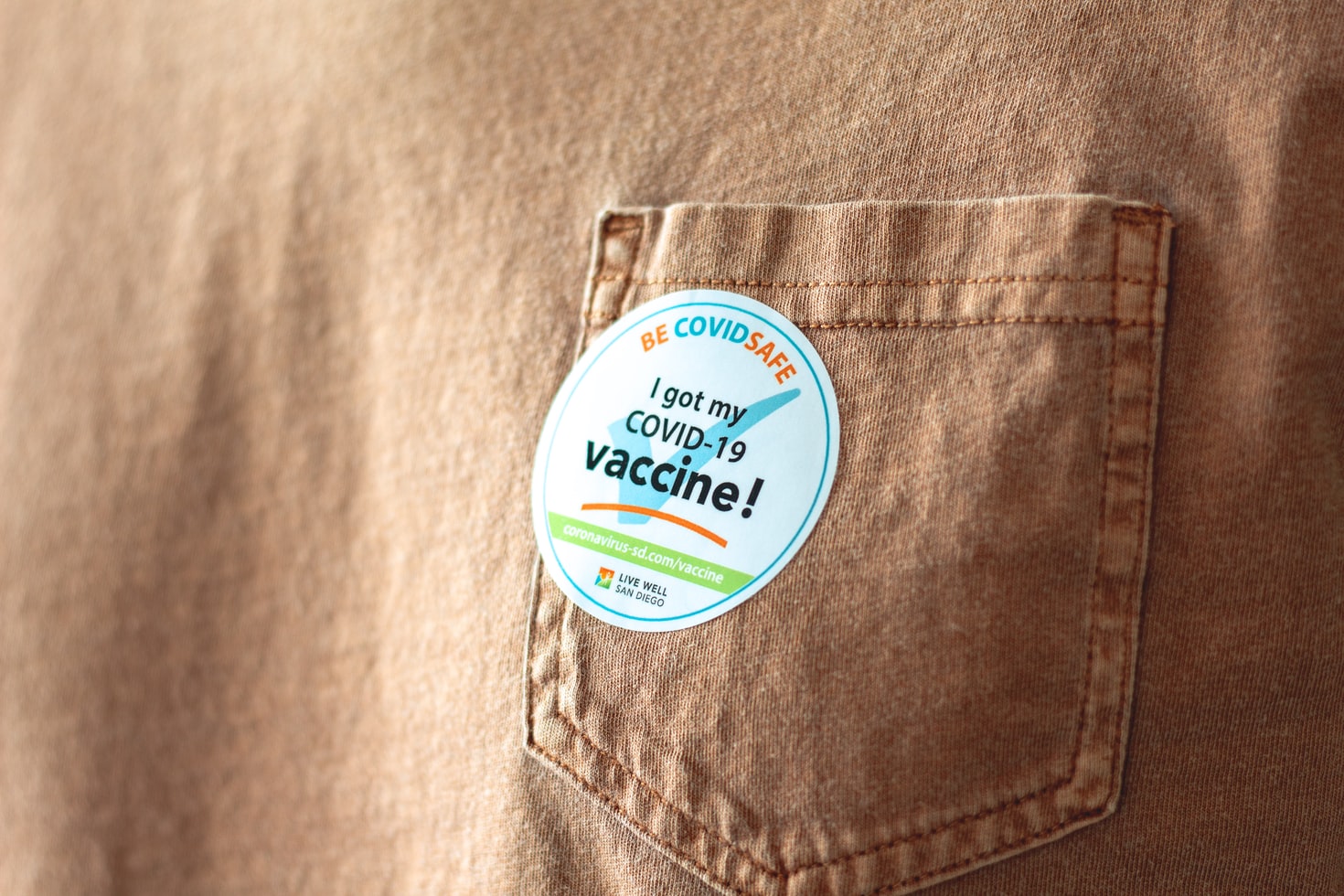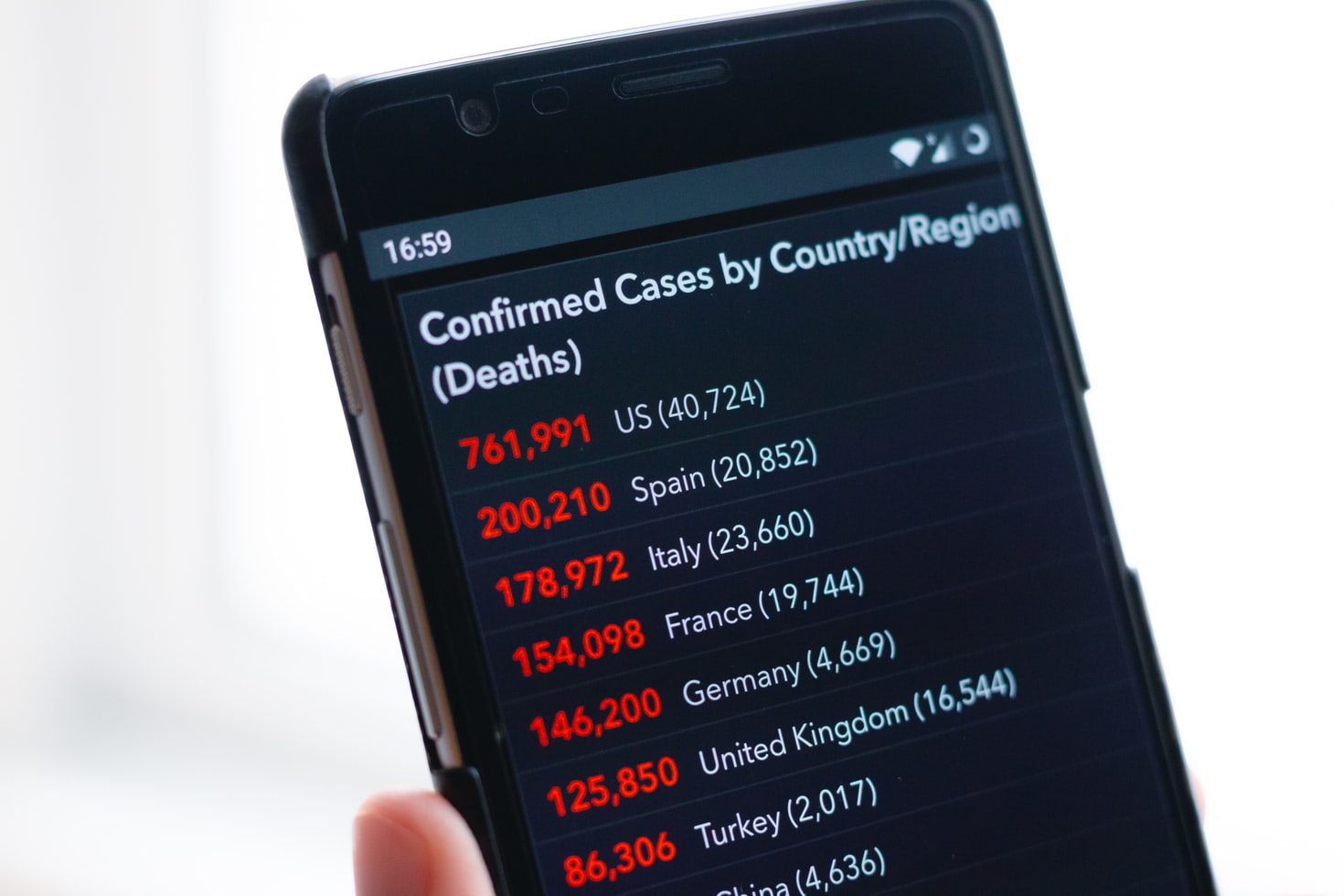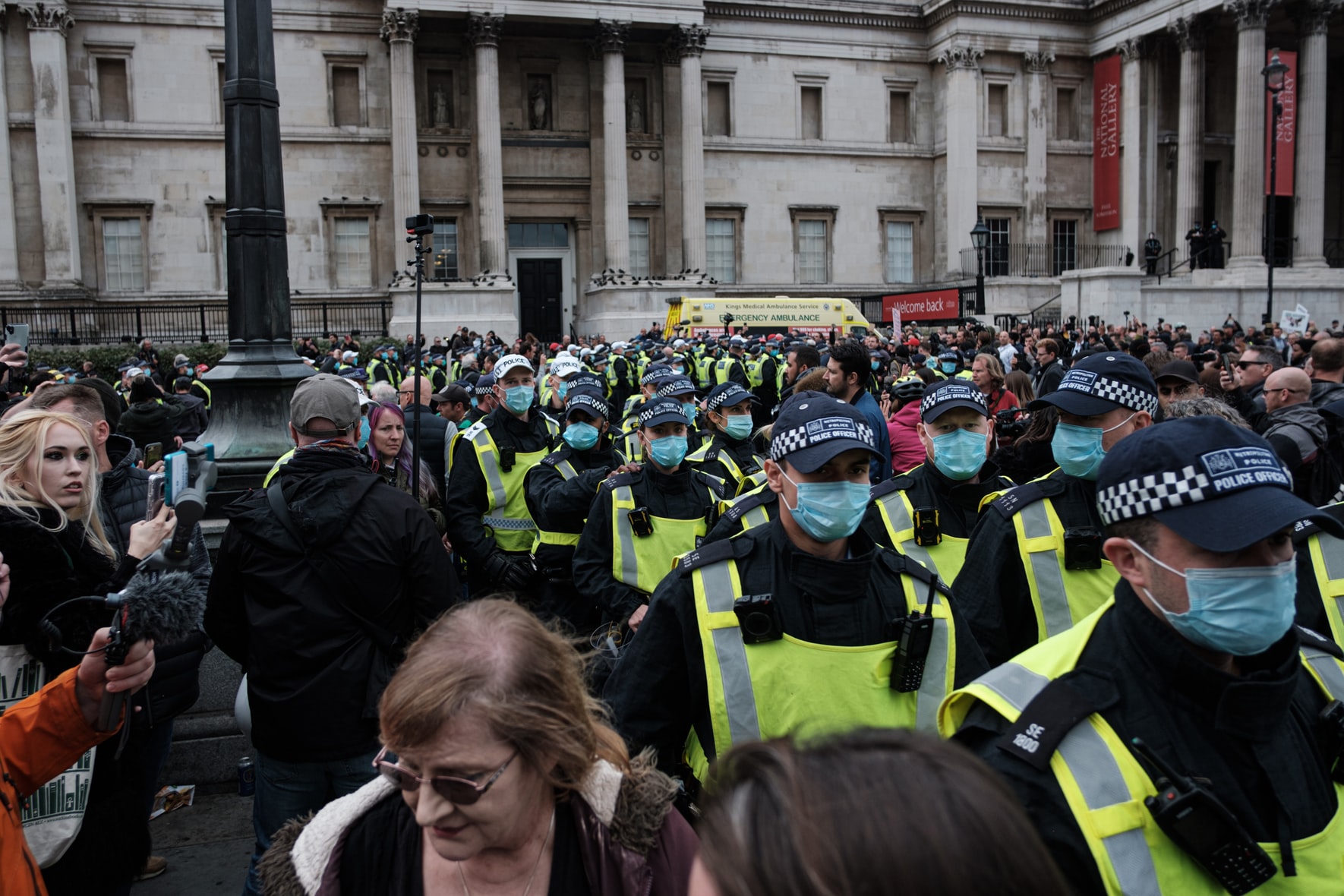Objective:
Following the outbreak of novel Severe Acute Respiratory Syndrome Coronavirus-2 (SARS-CoV-2), and the disease named COVID-19, in Wuhan, China in late 2019, countries have implemented different interventions such as travel bans to slow the spread of this novel virus. This brief report evaluates the effect of travel bans imposed to prevent COVID-19 importation in the Australian context.
Findings:
Our modelling results closely aligned with observed cases in Australia and elsewhere. We observed a 79% reduction in COVID-19 importation and a delay of the COVID-19 outbreak in Australia by approximately one month. Further projection of COVID-19 to May 2020 showed spread patterns depending on the basic reproduction number.
Conclusion:
Imposing the travel ban was effective in delaying widespread transmission of COVID-19. However, strengthening of the domestic control measures is needed to prevent Australia from becoming another epicentre.


